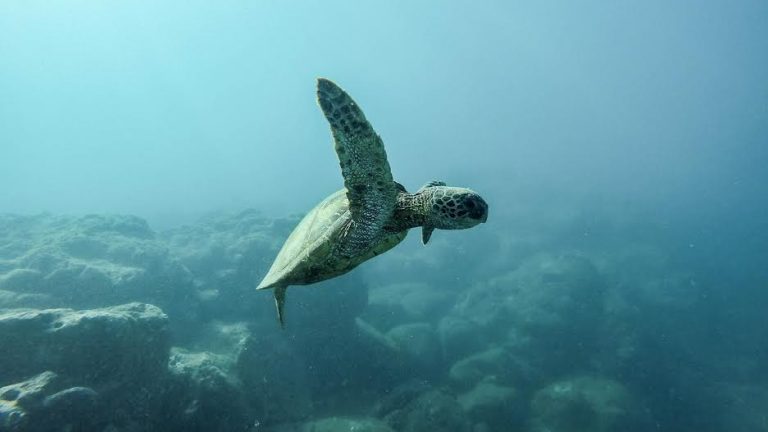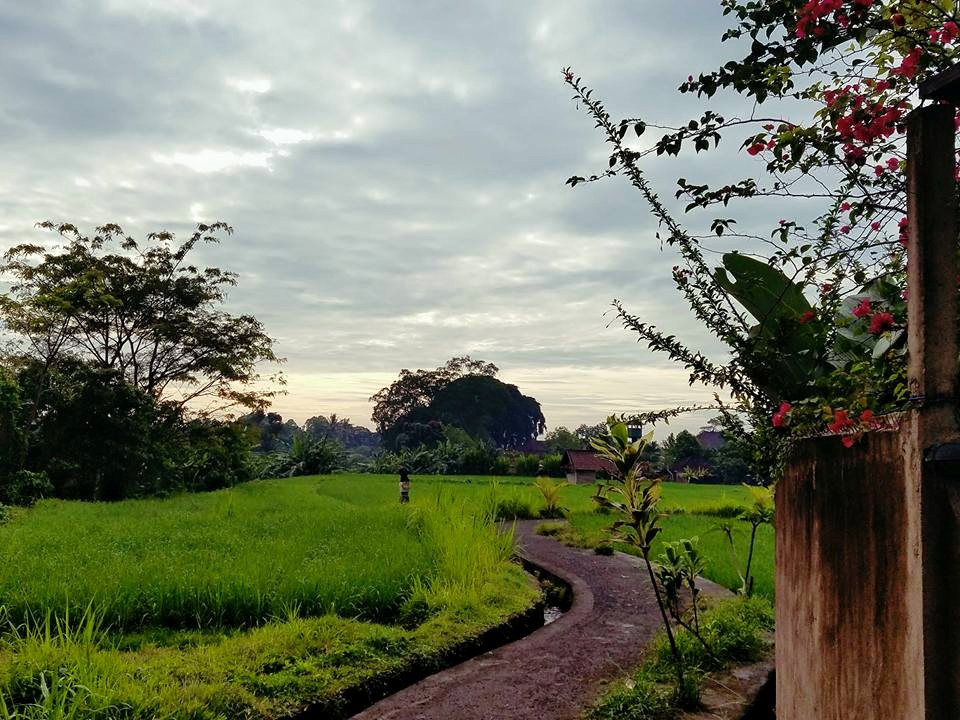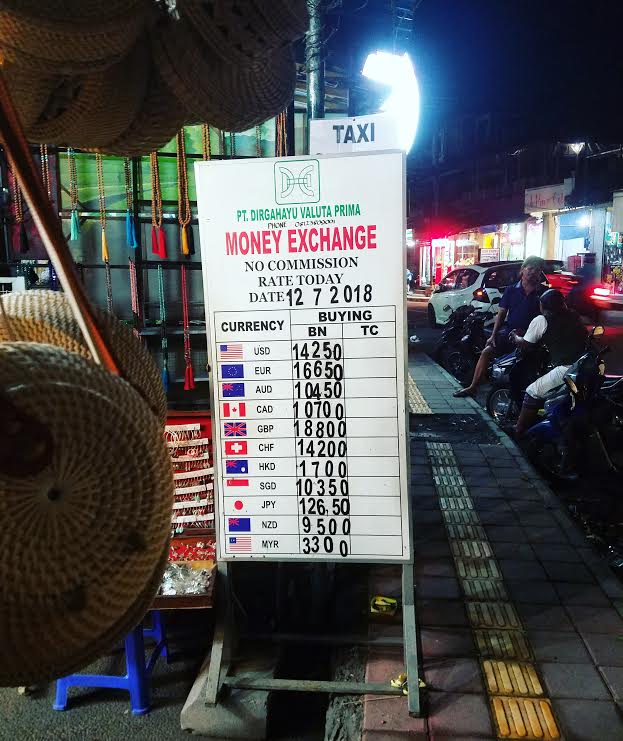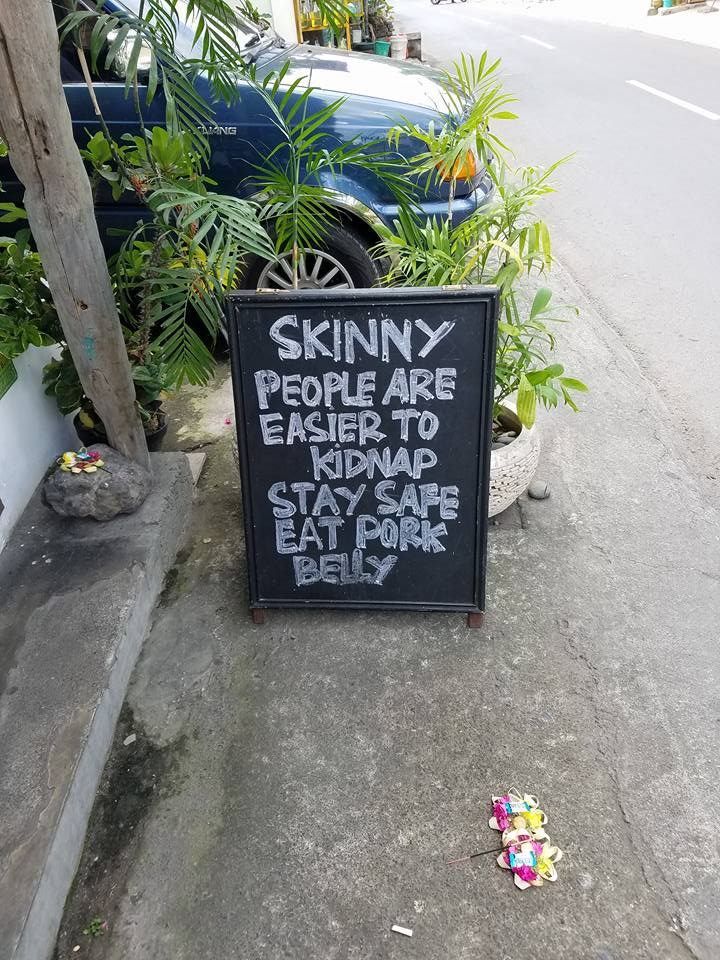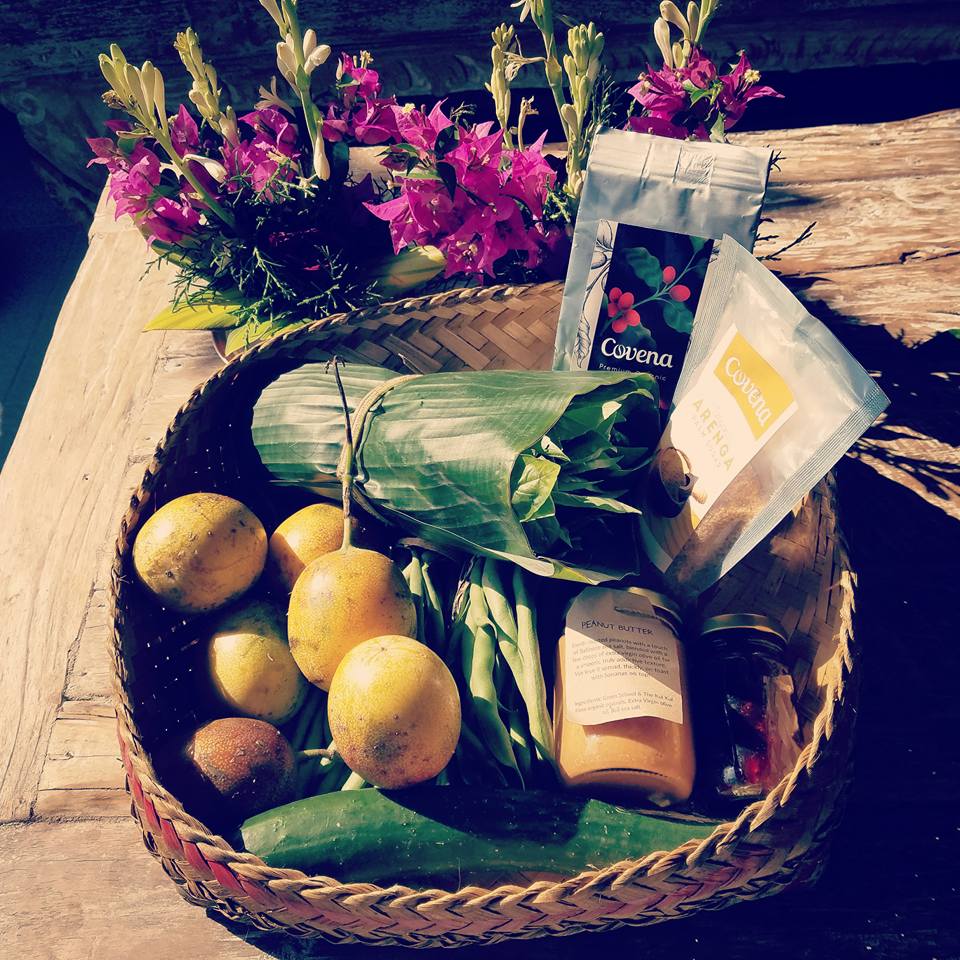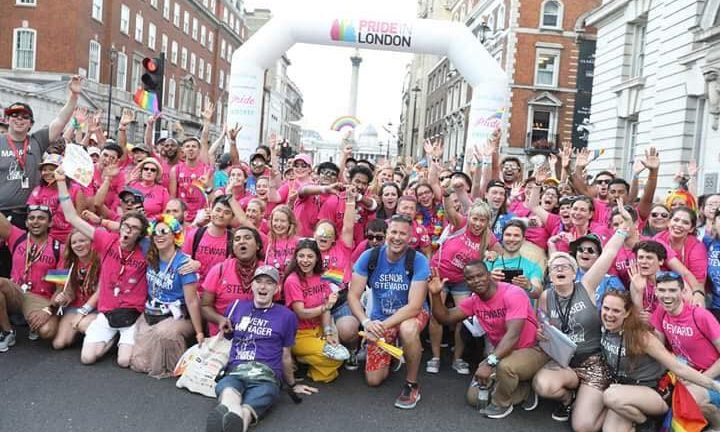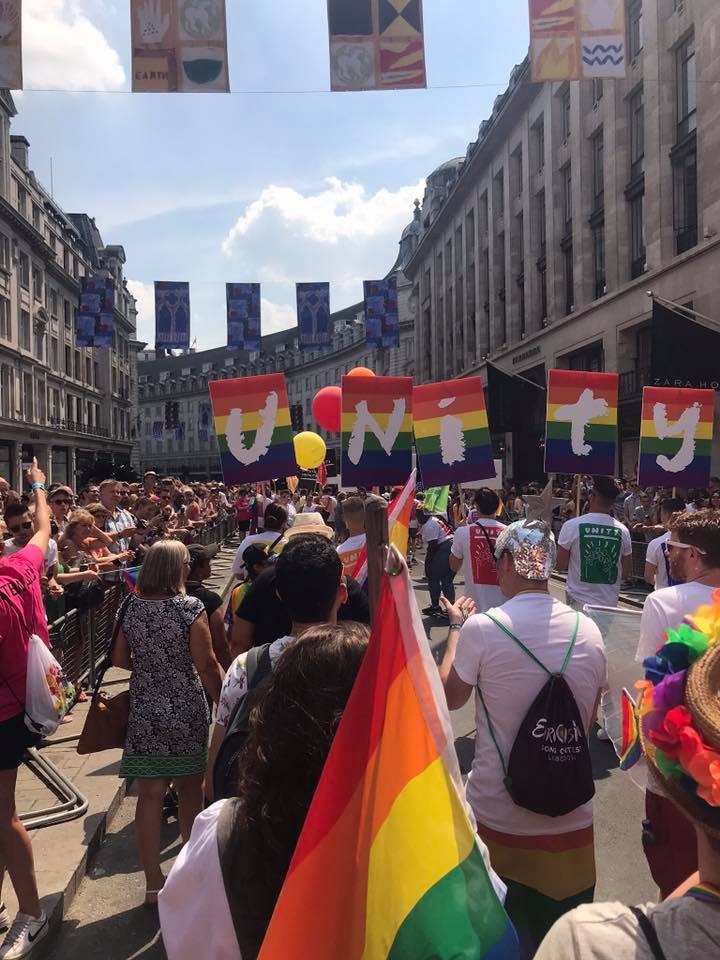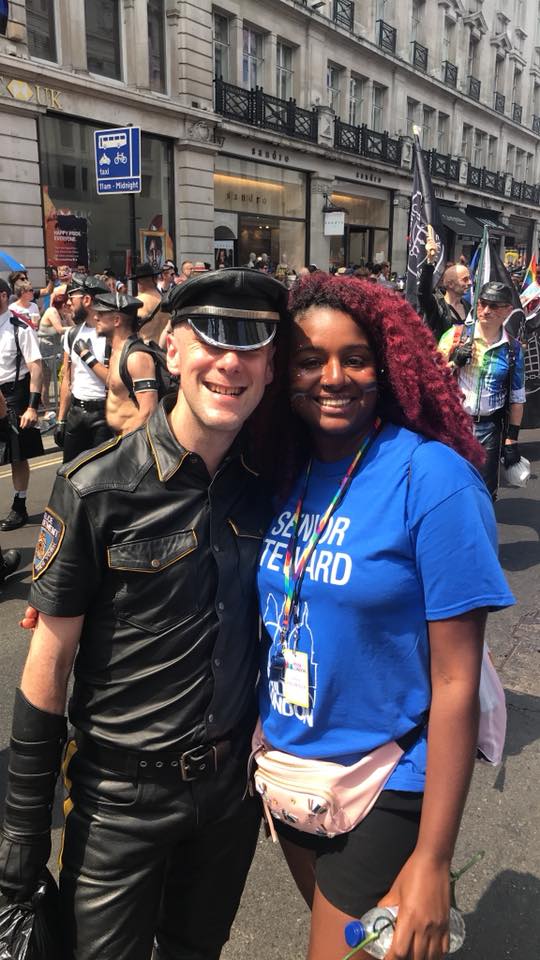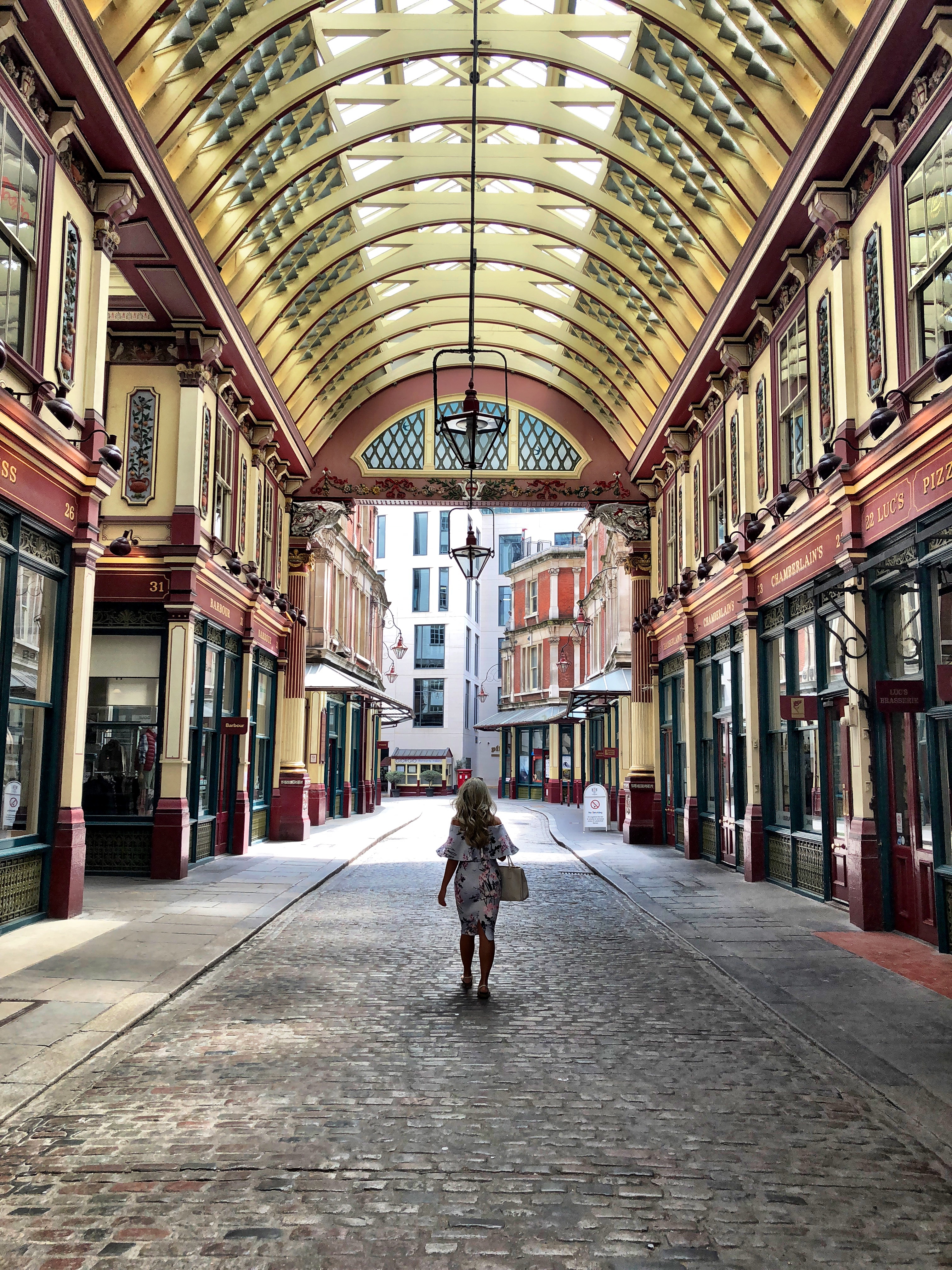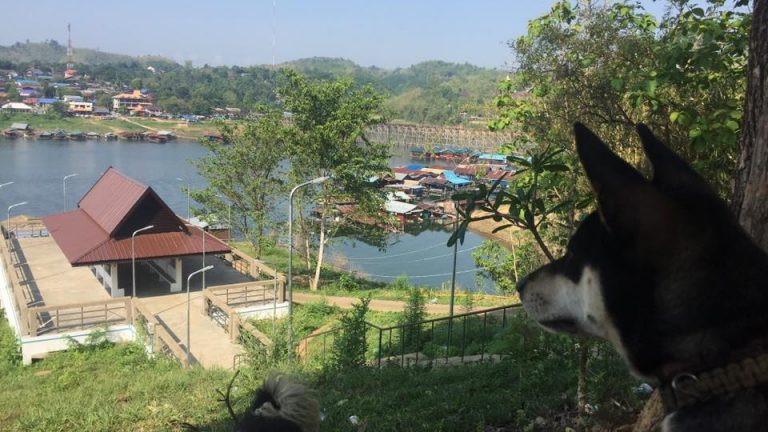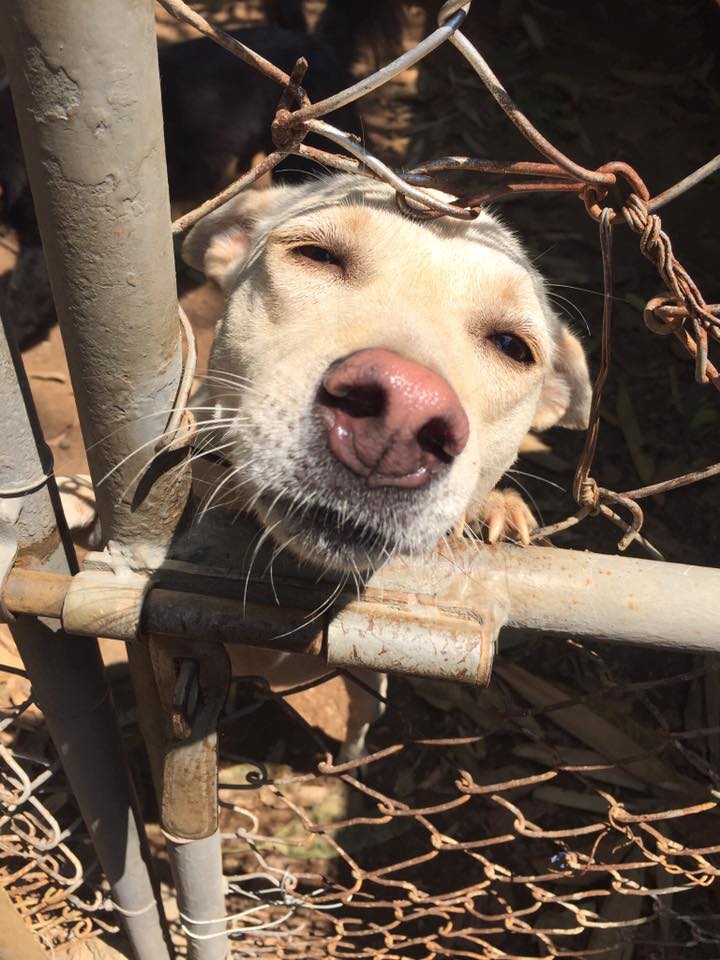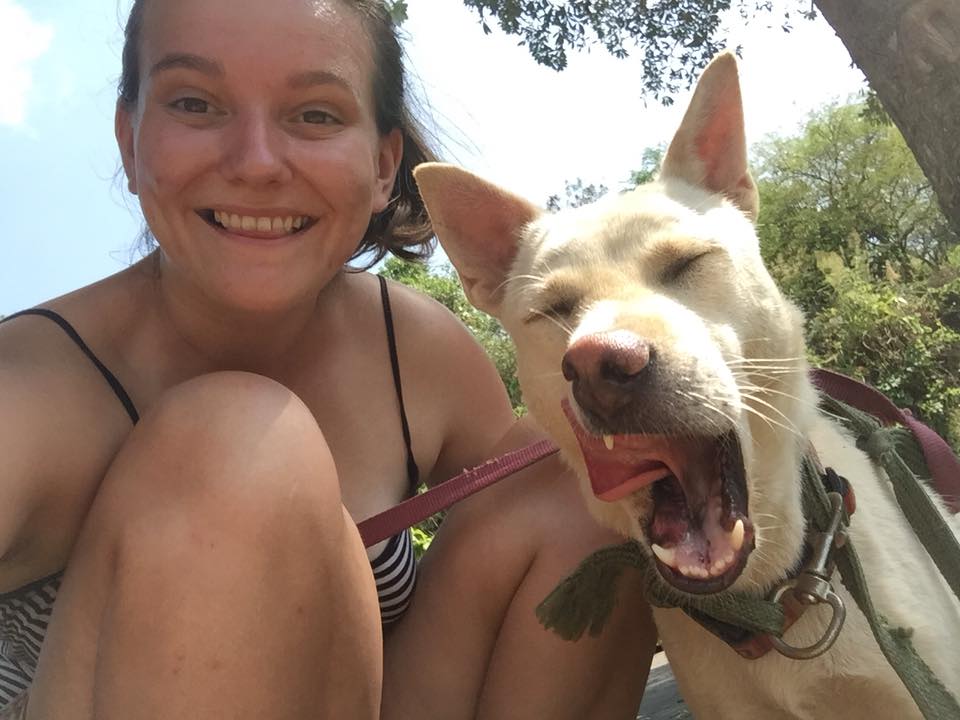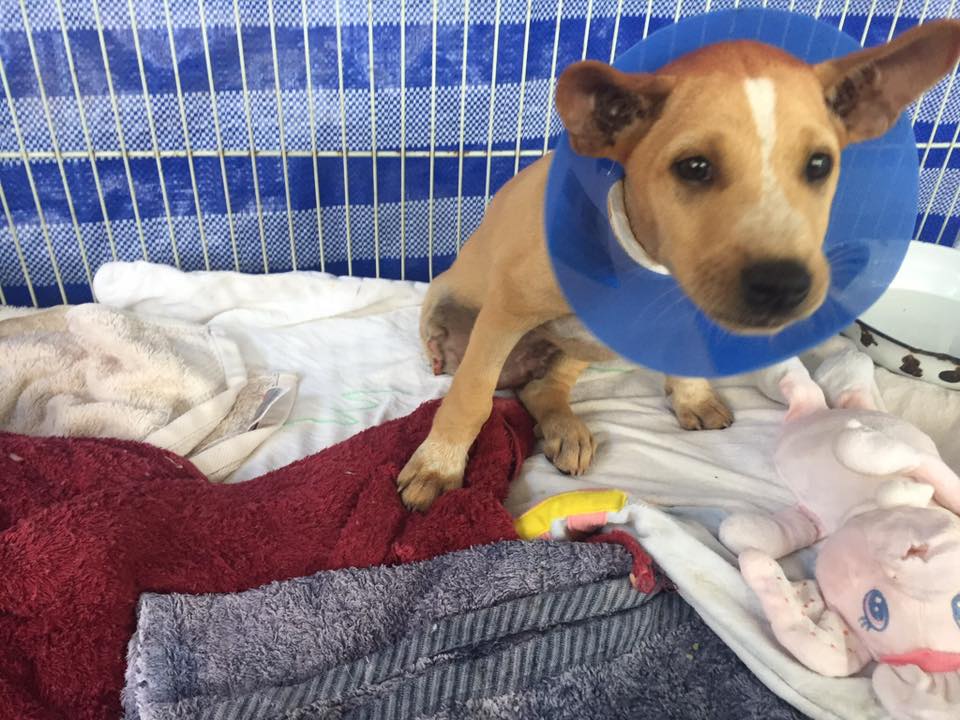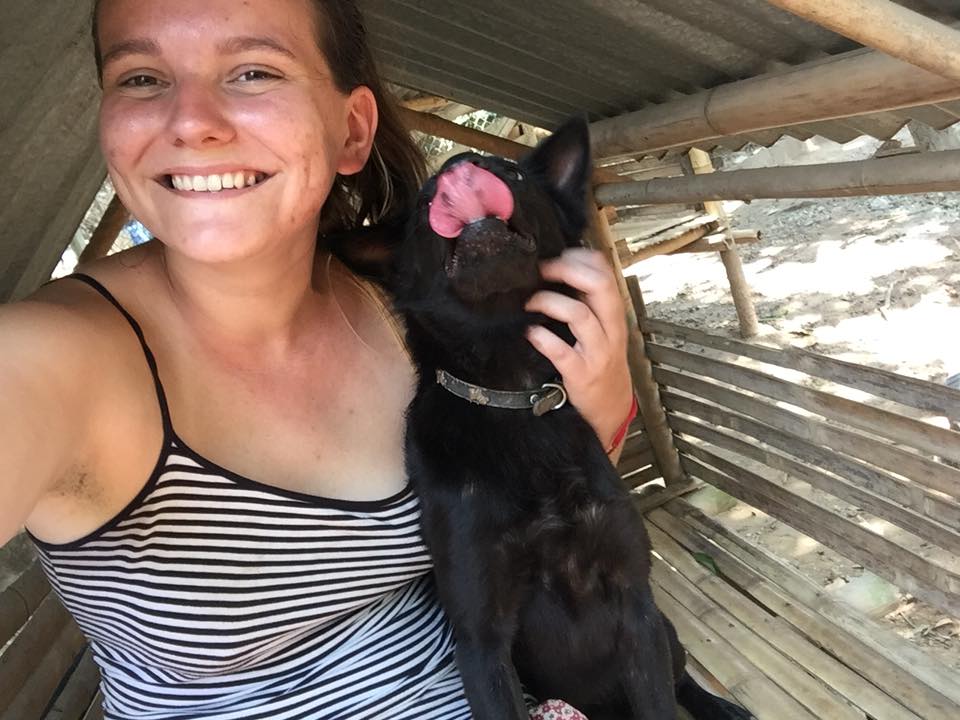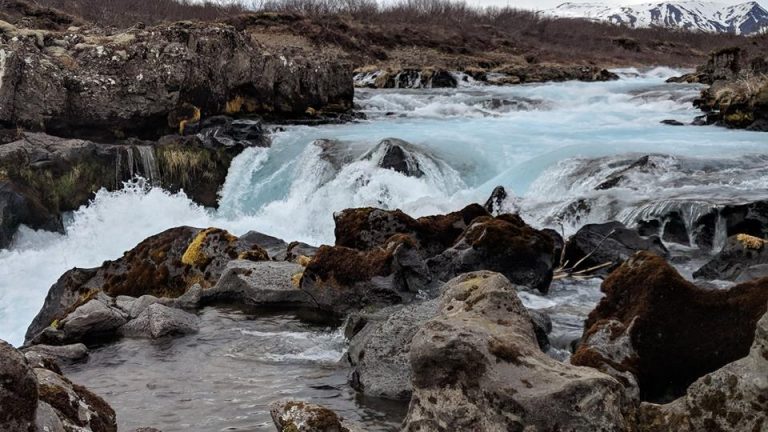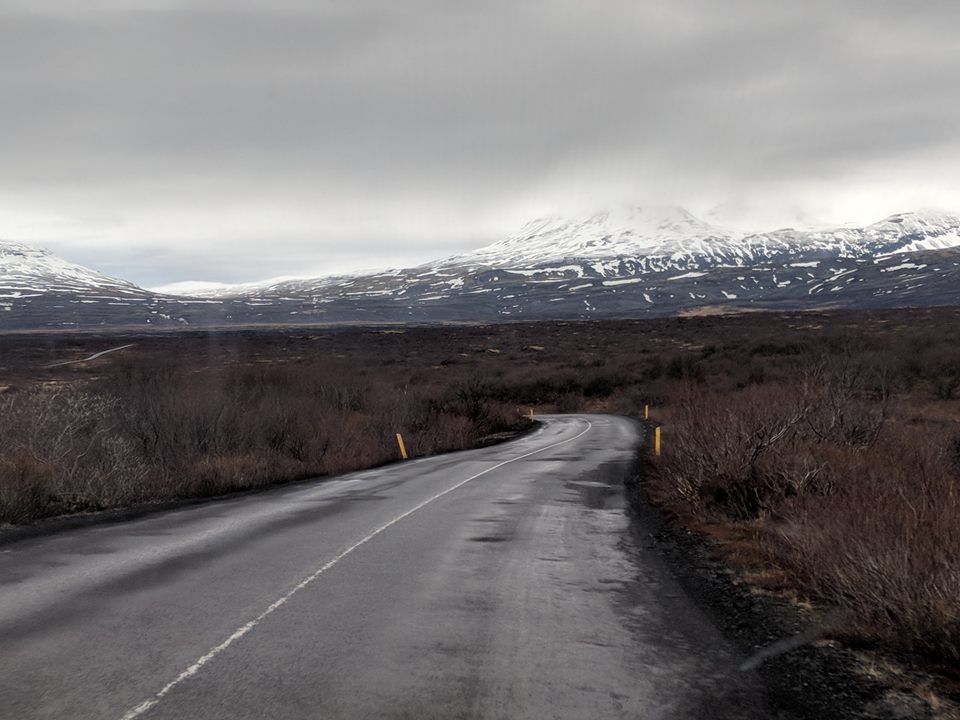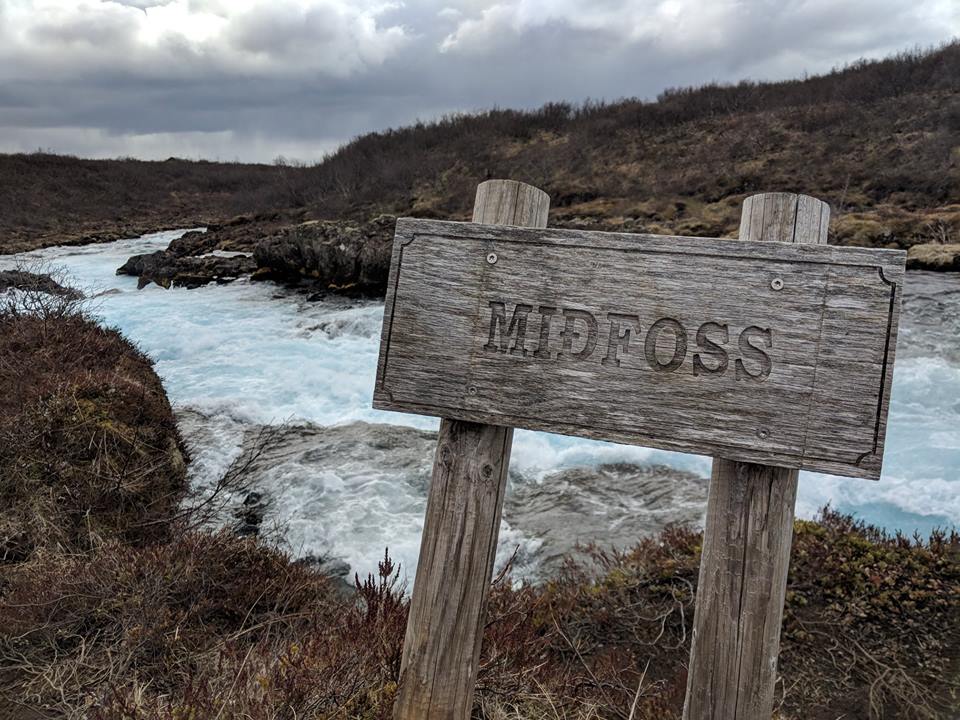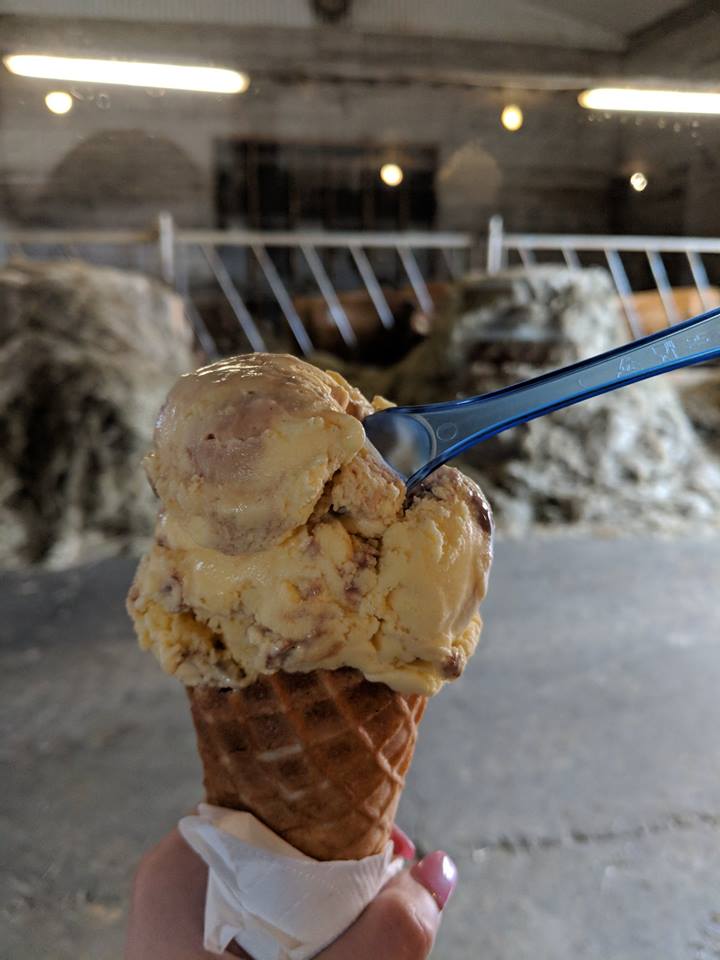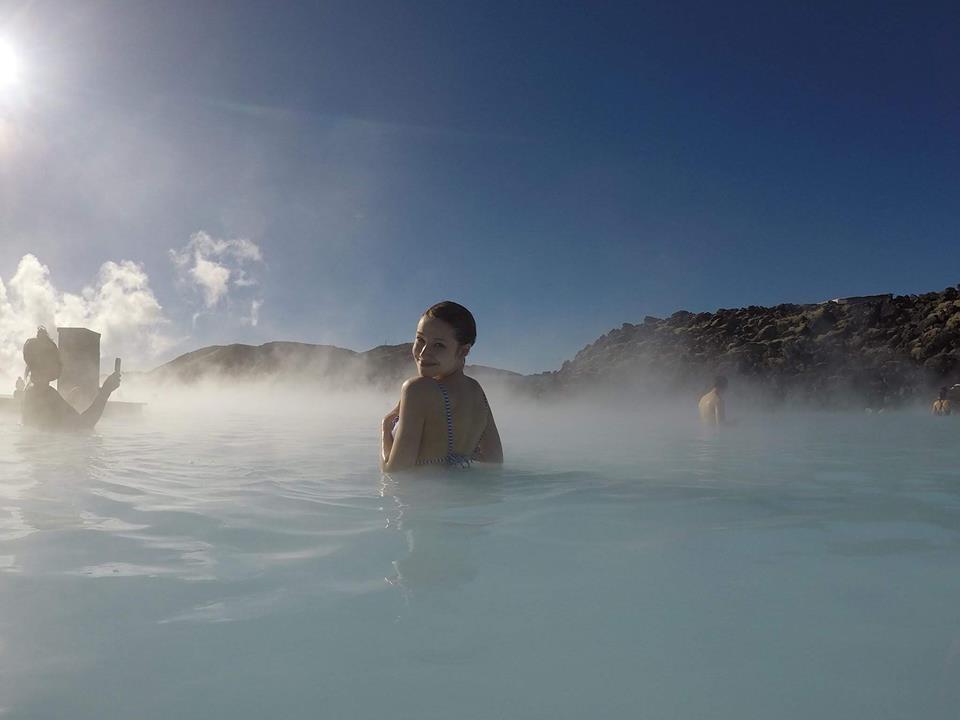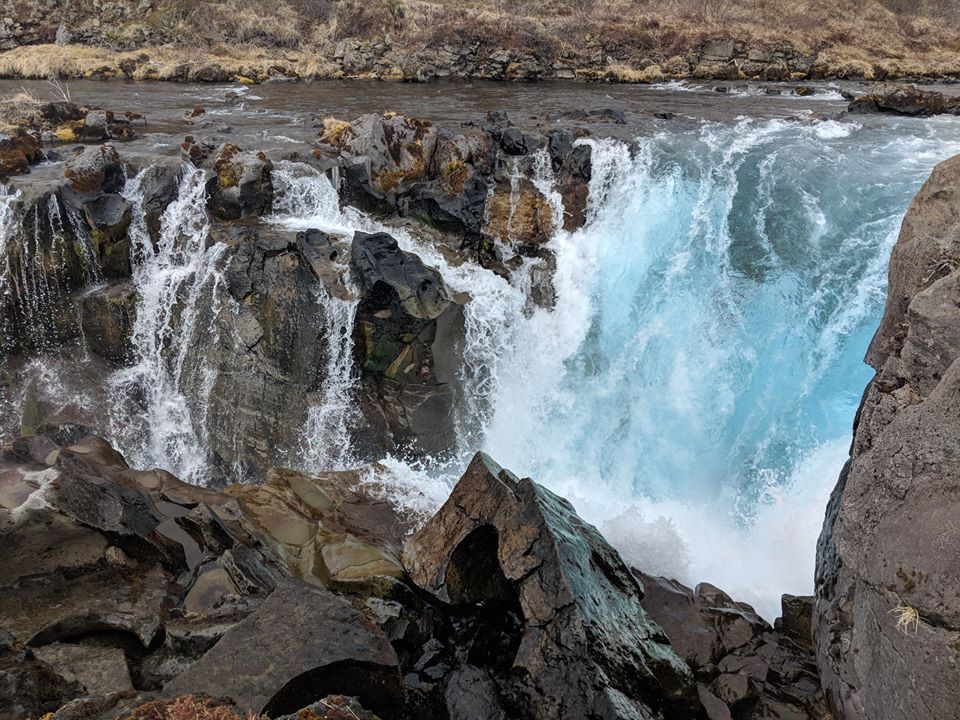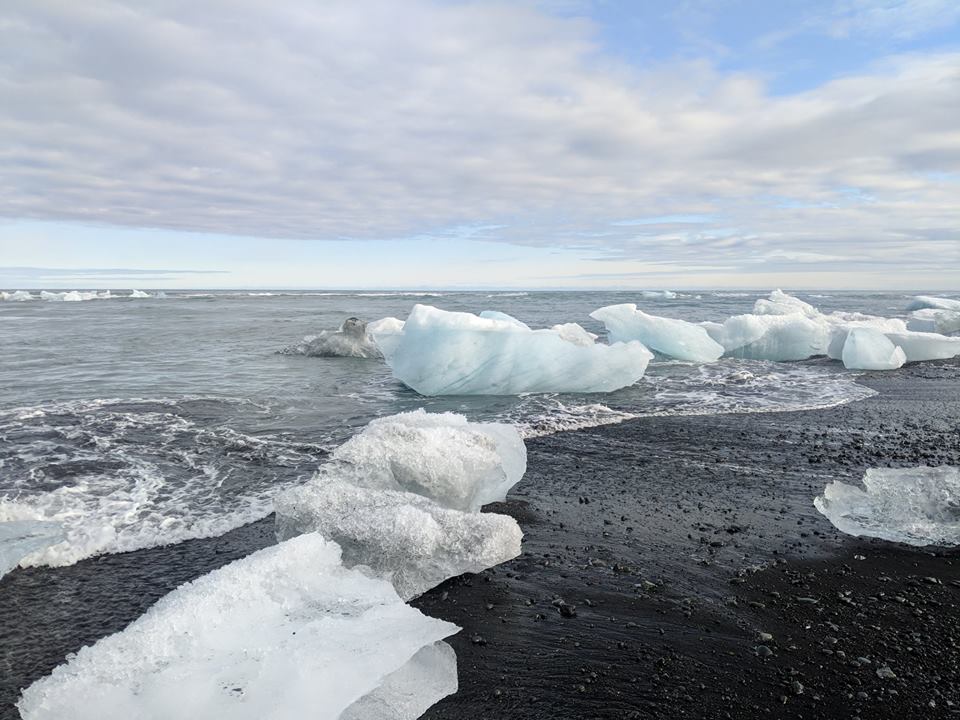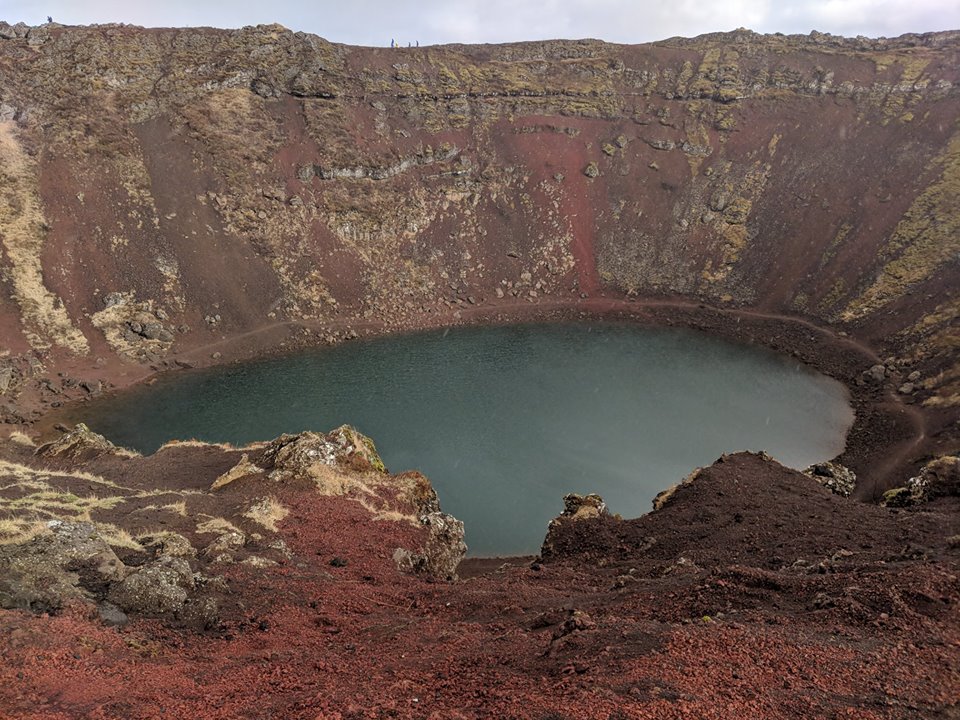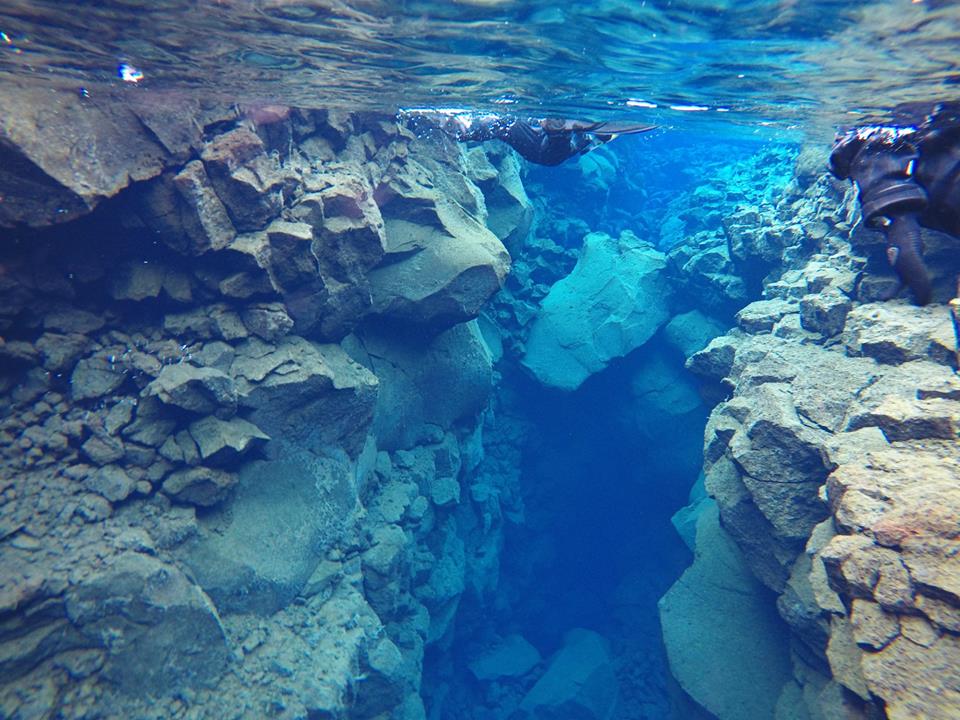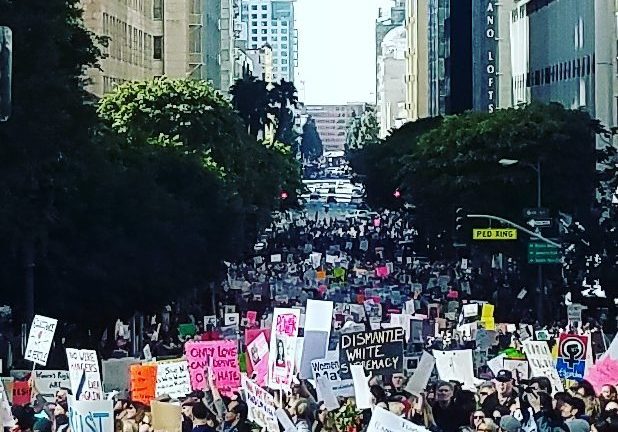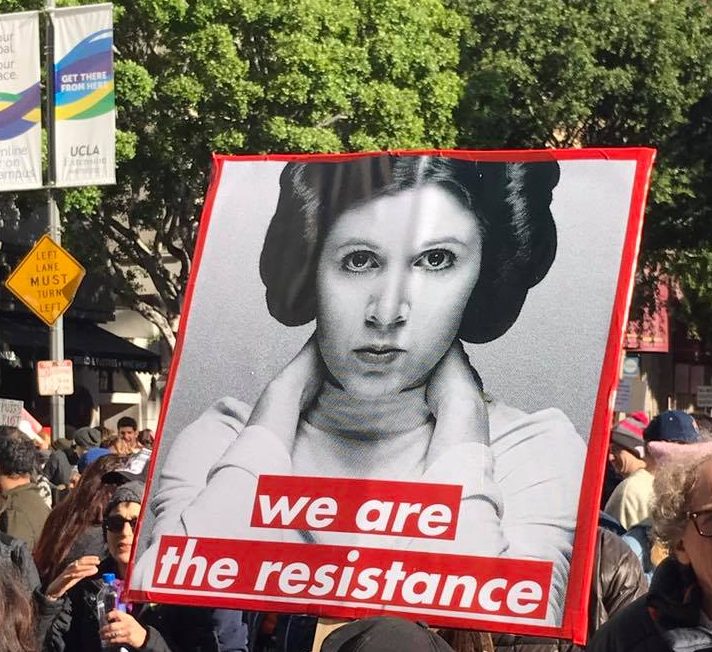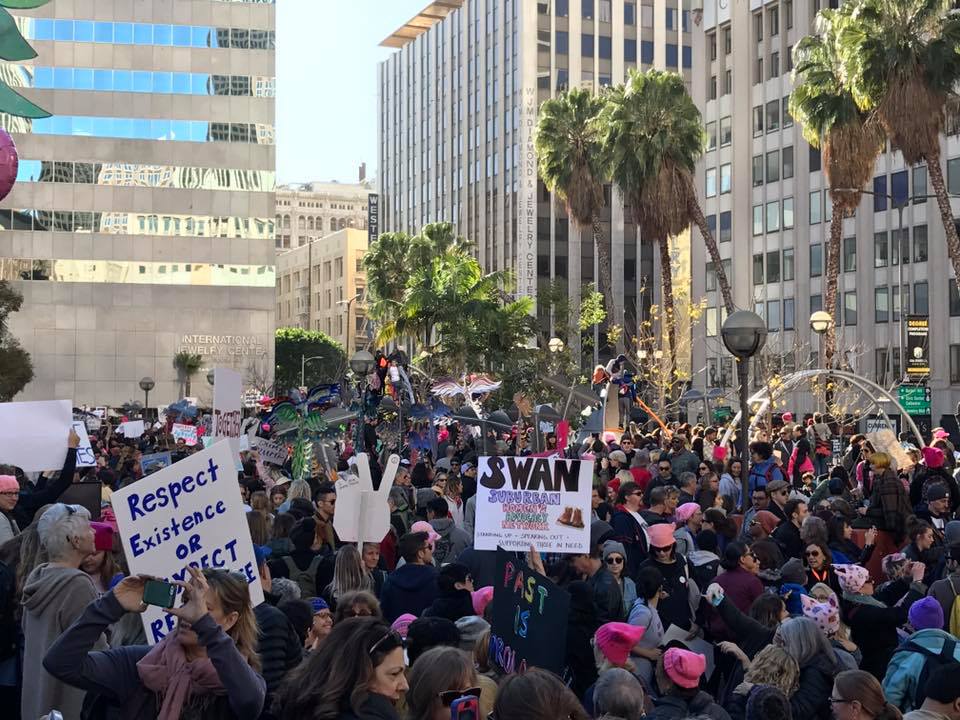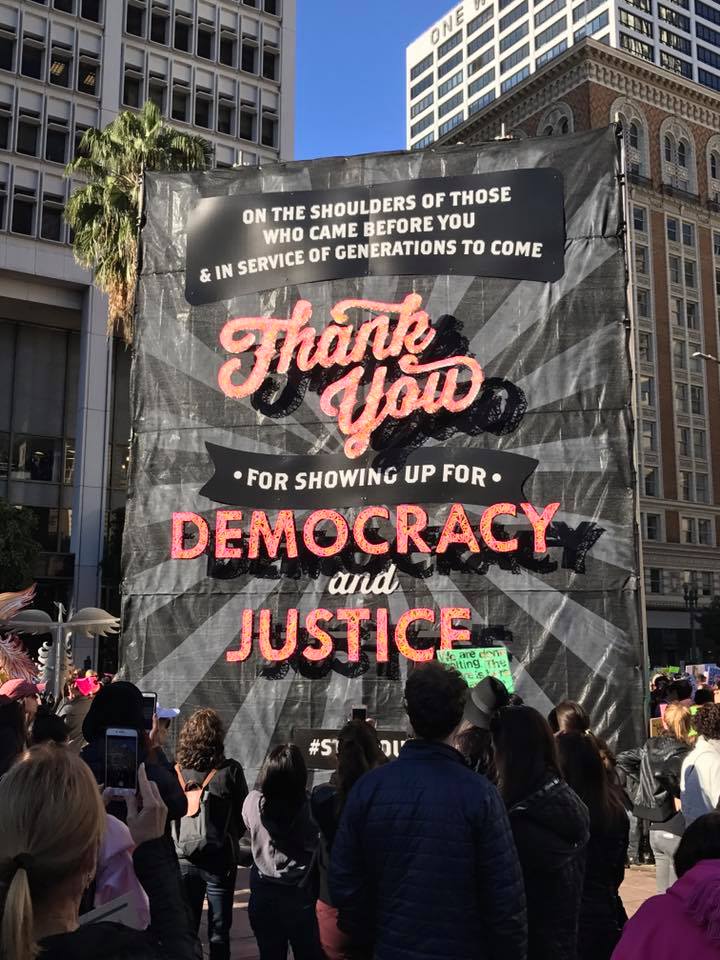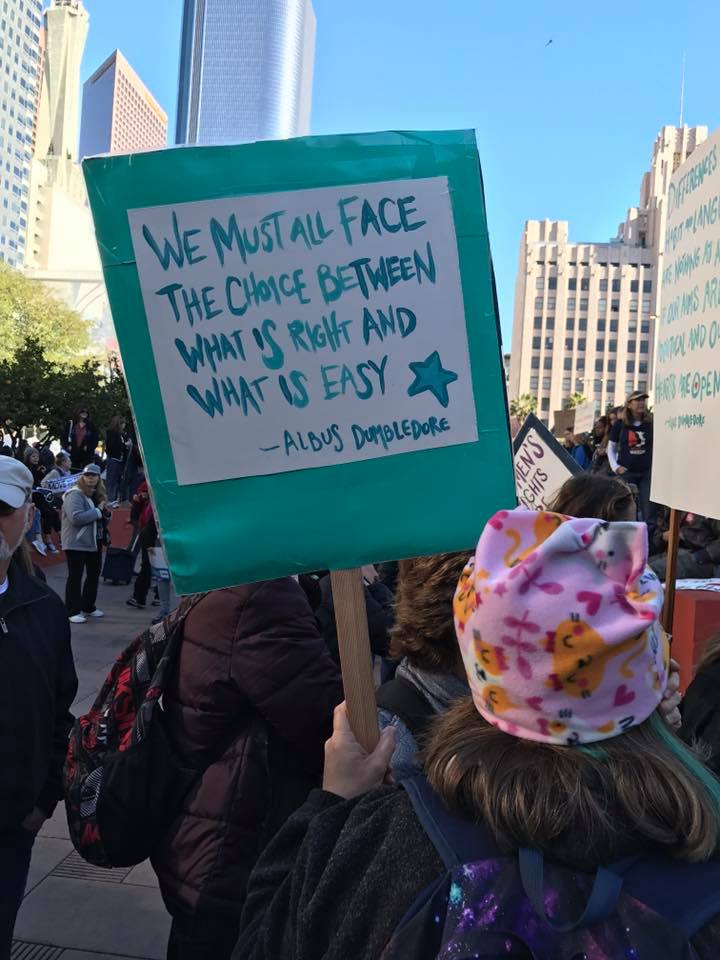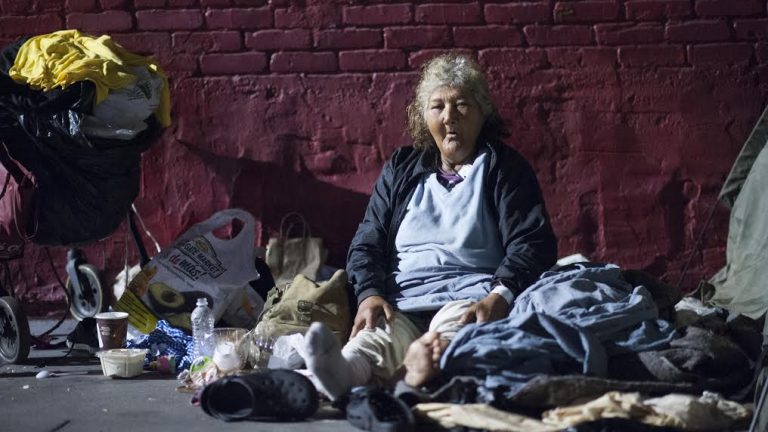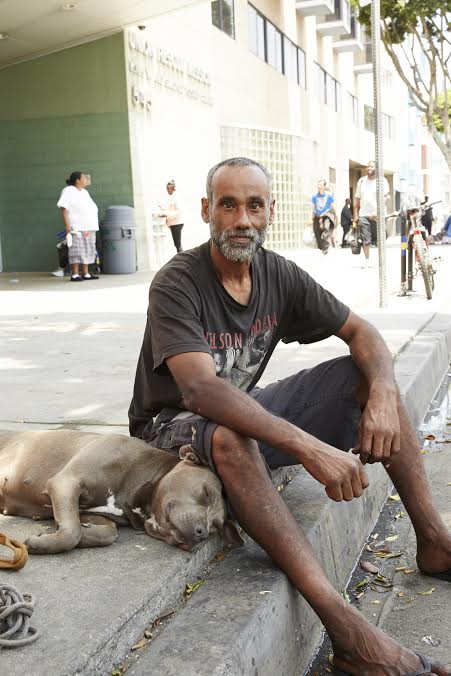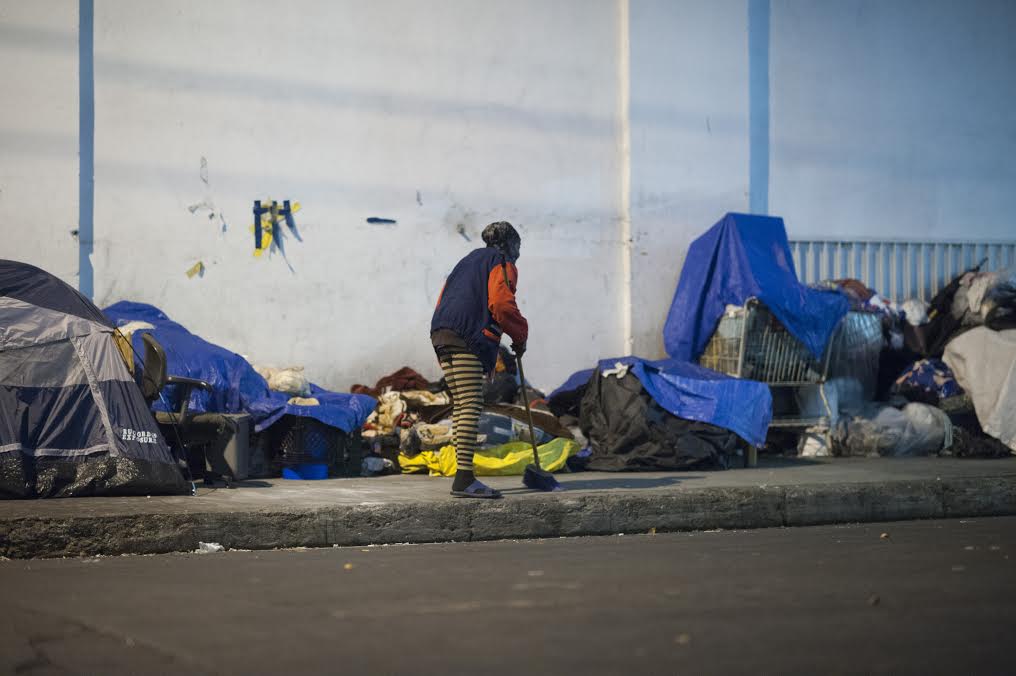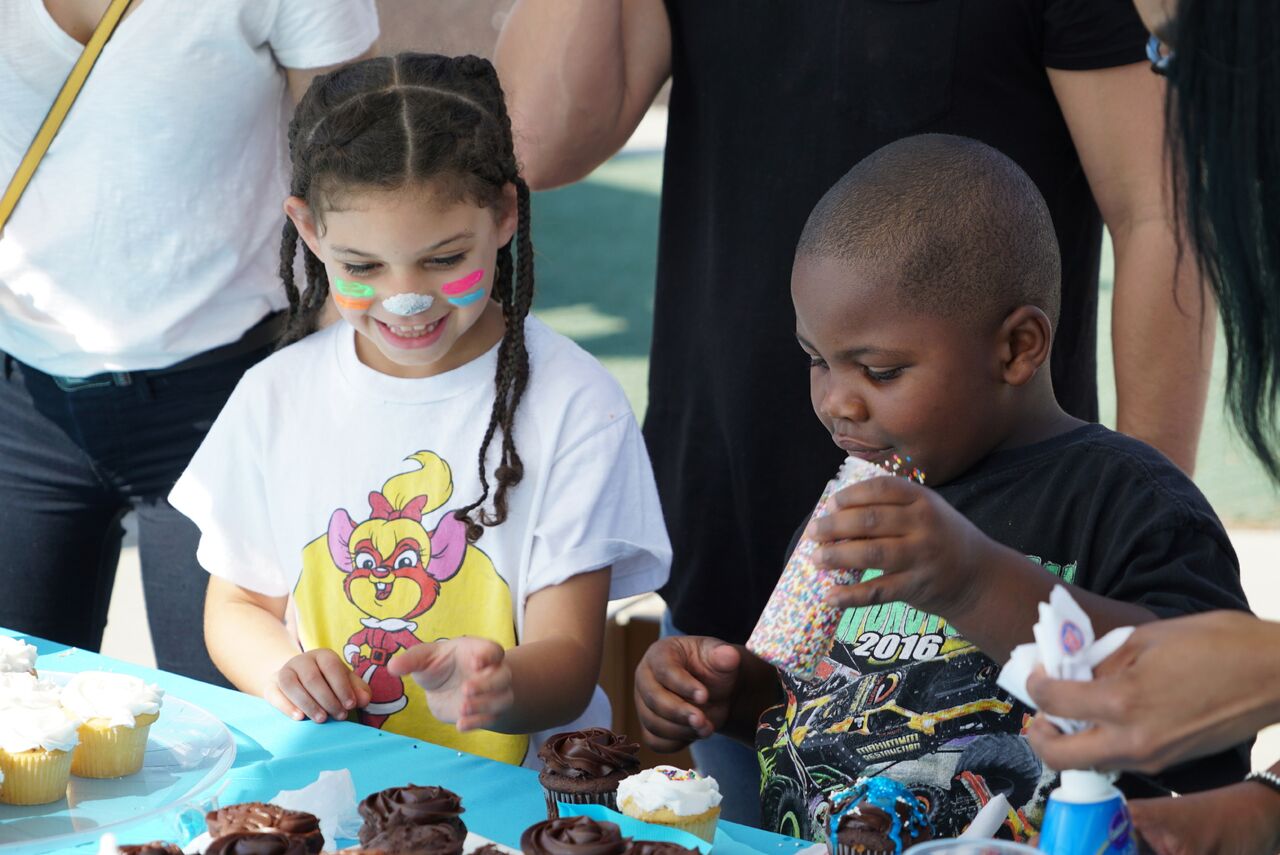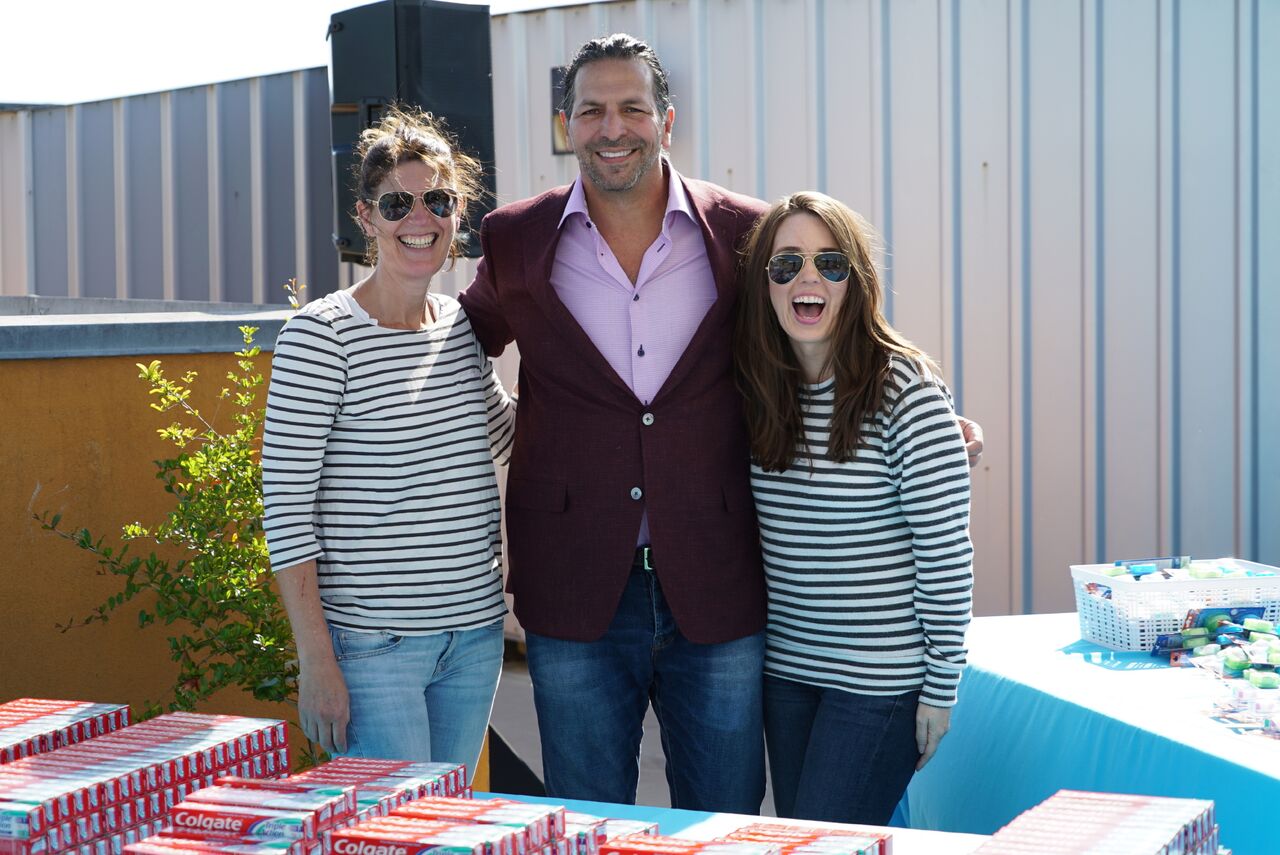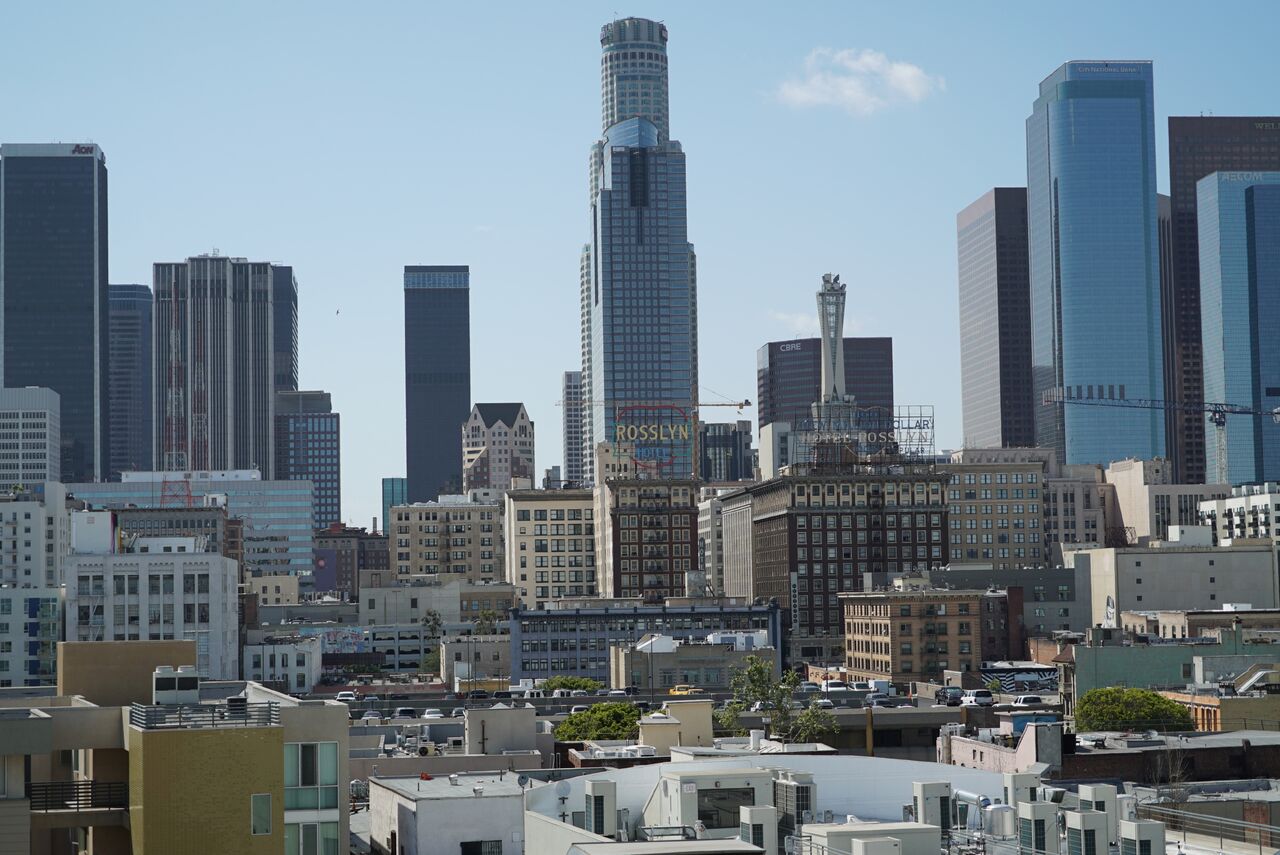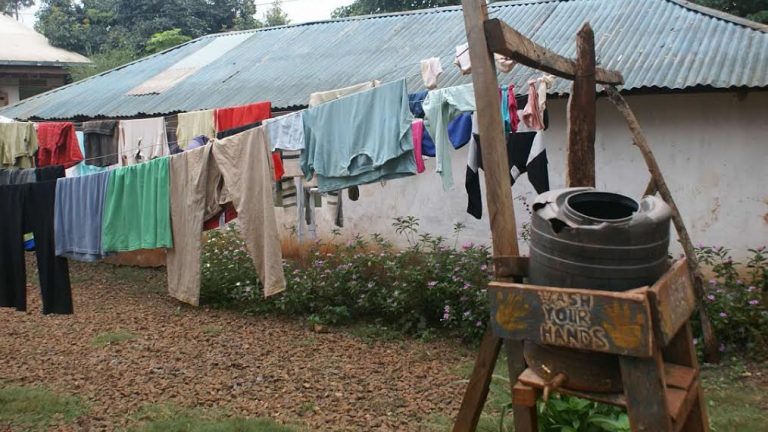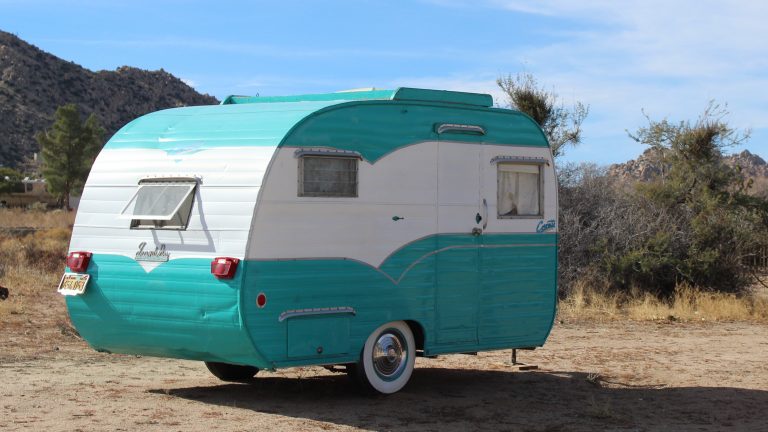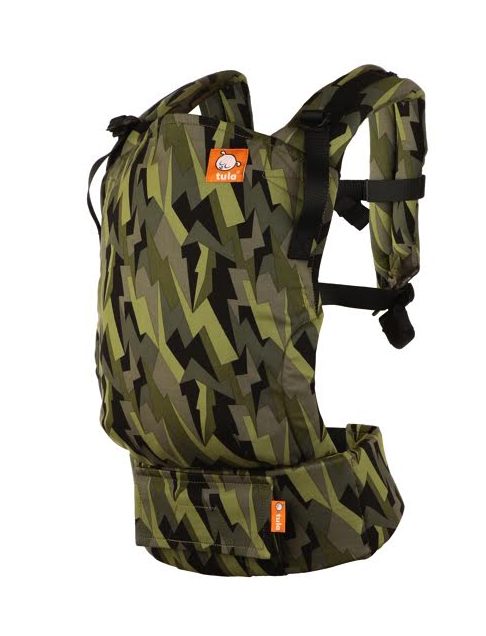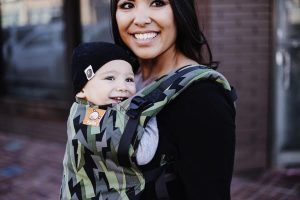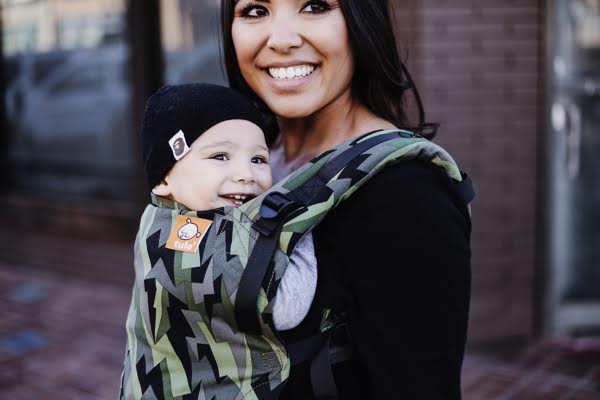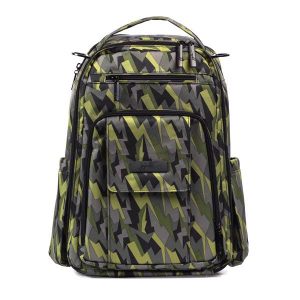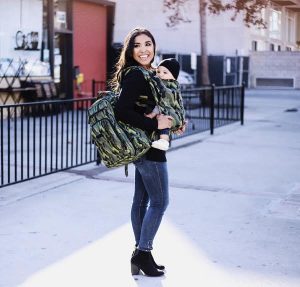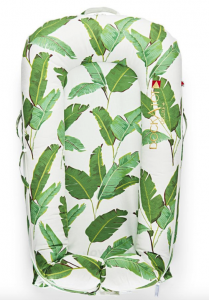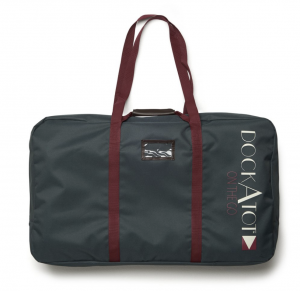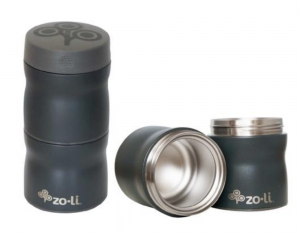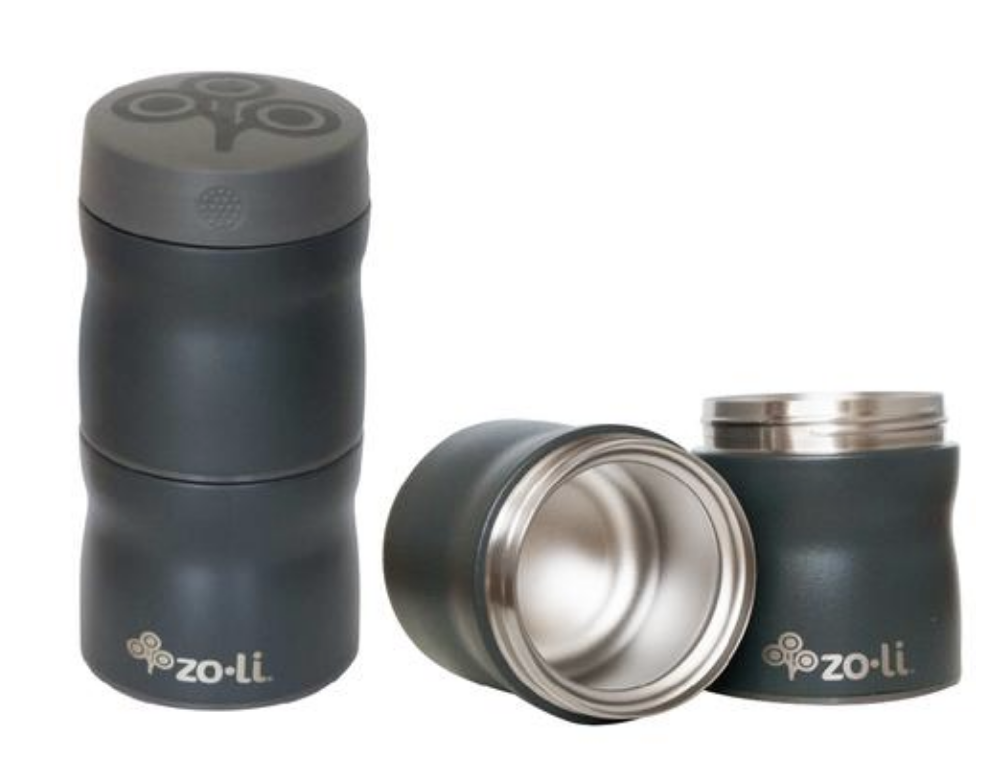How Plastic is Killing our Marine Life and What You Can Do to Help
By: Heather Newgen
Although consumers have become more aware of the long lasting damaging impact plastic has on the environment, much more needs to be done in order to prevent further negative effects on our planet.
The Earth Day Network states, “8.3 billion tonnes (metrics) of plastic have been produced since it was first introduced in the 1950s, less than 10 percent of which has been recycled.”
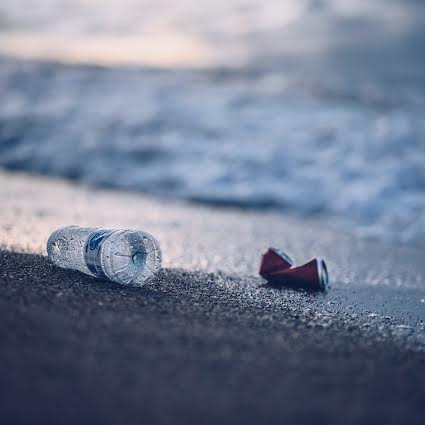
And according to Sea Turtle Conservation, more than 100 million marine animals are killed each year due to plastic waste in oceans. Plastic bags are often mistaken for food, which causes the following issues:
- It blocks the digestive tract
- It gets lodged in an animal’s windpipe, cutting the airflow off, which causes suffocation
- Animals are poisoned by the toxic chemicals in the plastic
- It’s been discovered that digesting plastic will give an animal a false sense of fullness, causing them to stop eating, which results in them slowly starving to death.
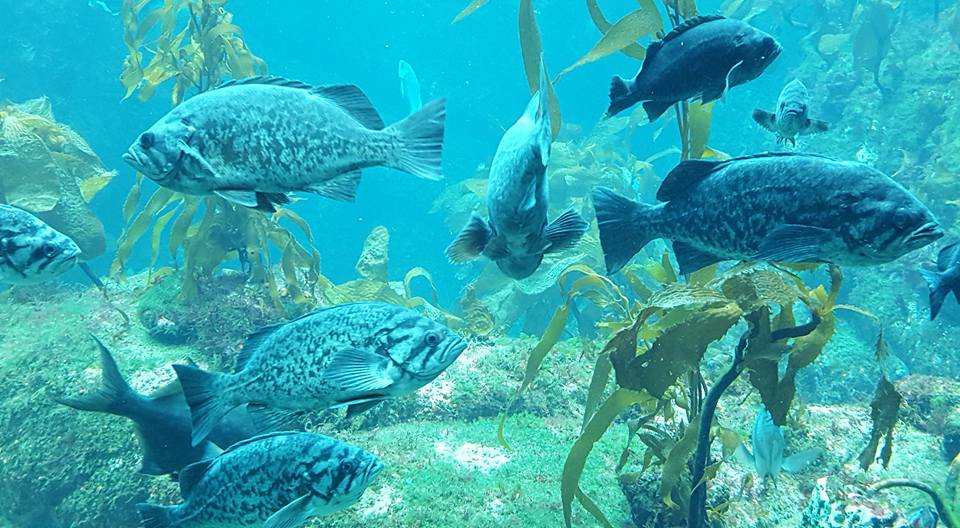
RELATED: Volunteering Guide: Helpful Tips to Giving Back Responsibly
If you think this doesn’t affect you, you’re wrong.
The pollution marine life ingests is entering the food chain and therefore threatening human health. There is irrefutable scientific evidence showing that plastic takes hundreds of years to breakdown and that it isn’t biodegradable, resulting in a worldwide problem.

RELATED: Voluntourism Isn’t So Bad!
So why is plastic is still manufactured? Because it’s a lightweight, yet strong, flexible and inexpensive material to make, so it’s really up to the global population to initiate a drastic behavior change and stop using plastic. We are the problem and the solution to this crisis and there are many things we can do to help reduce the usage of plastic. Here are a few tips.
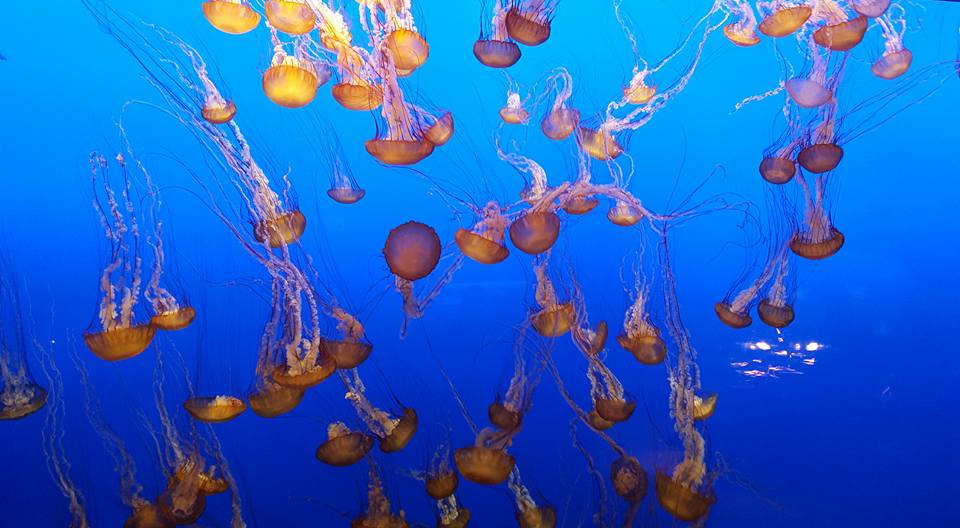
- Stop using single-use plastic bags and items like straws, utensils, to go containers, plastic cups and dry cleaning bags. There are reusable options instead.
- You can make your own reusable cloth bags out of old t-shirts and other unwanted clothes. Here’s how
- Bring your own cup when grabbing food to go so you don’t have to use the styrofoam or plastic cup they give you.
- Avoid microbeads, which are tiny plastic particles found in items like face scrubs, shower gels and toothpaste. They enter the ocean through sewer systems and affect the marine life.
- Recycle glass and plastic that you’re no longer using.
- Support plastic bans and sign petitions.
- Spread the word. Help inform and educate others.
- Do beach cleanups and pick up trash anytime you see debris around the streets and parks.
There are usually organized beach cleanups you can find just by searching online, or you can do one on your own. If you’re in the Queens, New York area, consider this one that’s taking place on July 29th, 2018.

Join the Electrify Magazine and Oceanic Global community for a local beach cleanup in New York, which will also include plantings with the Parks Department for those interested; a great hands-on opportunity to learn about environmental restoration and the importance of buffer coastal ecosystems.

Where
Riis Landing NY
This vital cleanup will help save and clean the areas where protected birds like oystercatchers and piping plovers lay their eggs. In fact, the cleanup was moved from Fort Tilden to Riis Landing because it is plover hatching season in Fort Tilden.
When
July 29th from 2pm-5pm

Getting There
Traveling to Riis Landing in Queens has never been so easy.
The Rockaway / Fort Tilden Express Beach Ferry Beach Ferry Service operates from Pier 11 in Wall Street, Manhattan to Jacob Riis Park Beach in Rockaway, Queens. View the schedule here. Alternatively you can take the subway: take Rockaway Park bound A train to Beach 116th station (end of the line), then take bus Q22 to Riis Landing.
For a door-to-door option you can check out this van service running only $7 each way.
FAQS
How do I find the clean-up site?
We will have a table with a banner set up as our meeting point for the clean-up. Look out for an e-mail the day before with specific instructions on how to find us!
What will be provided?
We will be providing gloves and buckets for the clean-up. No water will be provided on-site, please bring your own in a re-usable bottle to stay hydrated! Please don’t not bring plastic bottles.
Don’t see your question?
E-mail: cassia@oceanic.globa

